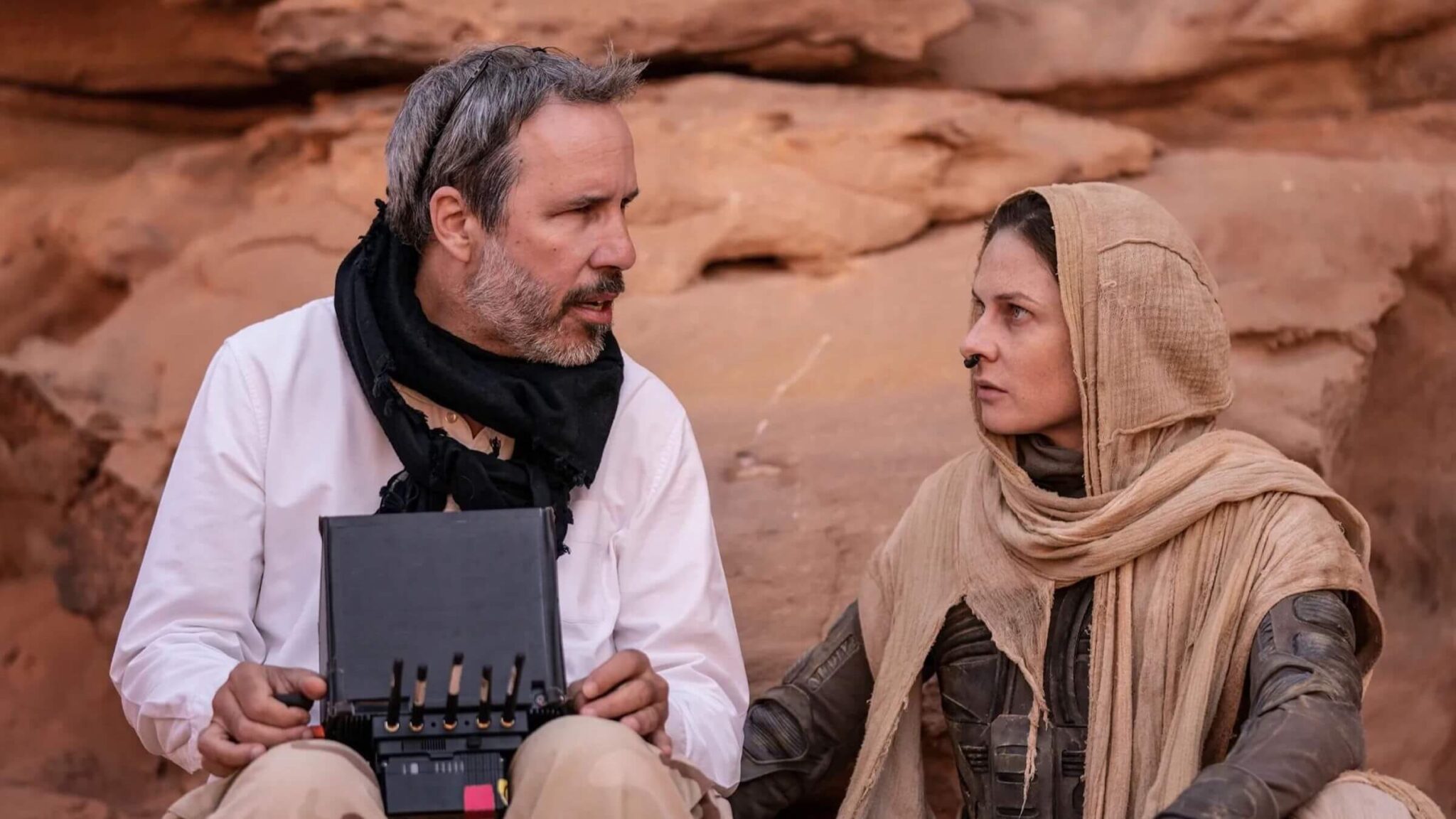
Social media is fast becoming one of the most comprehensive ways to market yourself to industry professionals. Using platforms such as LinkedIn, Facebook, or Twitter, you can reach a much wider range of prospective contacts and even connect to international ones with ease.
Ensuring you’re optimizing your use of social media so it works to your benefit is an essential undertaking. Unfortunately, it is not as simple as it first seems. Setting up and using your accounts productively takes some time and careful consideration.
Knowing what, when, and where to post could be the make-or-break factor for your career, so gaining the skills to properly leverage your online networks is an essential pursuit. Here are five elements of online networking that you should familiarize yourself with:
1. Presenting a Professional Front
Rule one of any social media marketing campaign is to stay professional. If prospective contacts go on your profile and don’t like what they see, it’s very unlikely they’ll work with you. Due to this, it’s important to maintain a positive image online. There are two main components to this.
First, you will want to vet your posts, and ensure your content is appropriate and relevantly targeted. While airing your grievances on a personal profile is acceptable, negative and unintelligent rants are not what Hollywood contacts want to see from potential collaborators. Try to make sure each of your posts is professional, positive and purposeful. In other words, make sure every post is related to your career, relevant, demonstrates a good work ethic and necessary.
You will also want to make sure all of your accounts and devices are as secure as possible. Some hackers and cybercriminals like to hack social media accounts in order to spam contacts and followers with malware, often with the victim not knowing what is going on (until it is too late). Your contacts will quickly lose confidence in you as a collaborator if they receive infected email.
Due to this, stringent security strategies are essential. If you don’t already use a security suite on your devices, it is time to invest. It’s also important to use a Virtual Private Network when working and posting on the go so your data doesn’t get intercepted. For more information on what a VPN does, Secure Thoughts provides reviews and explanations of some of the best options.
2. Post for Success
The phrase “fake it until you make it” has been a particularly useful piece of advice for people looking to find success in the entertainment industry. It’s still as relevant as ever today, especially where social media is concerned.
A common mistake that up-and-coming screenwriters make when using social media is forgetting that the first thing an industry contact will do is look over your profile and some of the things you’ve posted. It’s important to understand that posting like a successful person is the key to becoming one.
Potential employers want to see someone who knows what they’re doing and has honed their craft. Try to spin your posts so that it appears as though you are on a positive professional path. Having a family member read your script means that someone is reading your script. Similarly, posting photos from industry events is a must. Don’t be dishonest in your profile, but don’t sell yourself short either.
There is also a delicate balance to be found when sharing finished products or manuscripts. Whilst you don’t want to come across as arrogant, if people sense that you don’t have faith in your own work, they won’t have in faith in it either. Asking for thoughts and feedback is great and can even start a conversation, but don’t cave in to every suggestion. You know your work best.
3. Be Active and Interactive
Obviously, it’s not just your posts and online presence that will help you get in touch with the right people. Becoming an active part of online communities — specific pages and groups — is just as essential for success. Many people believe that the work should speak for itself and while this is partially accurate, no one will hear about your work if you aren’t talking about it at least a bit. The market is simply too crowded.
In this sort of industry, having your name remembered at an important moment is often the most likely catalyst for big breaks, so it’s your responsibility to make sure it is in the thoughts of as many industry veterans as possible. Interaction is key for this, as how are people supposed to remember your name if they don’t ever see it?
Obviously, there’s a balance to be found with this, as spamming someone with interaction probably won’t be seen favorably. Good examples include commenting in group events such as pitch fests and networking events, saying you’re looking forward to attending. Similarly, always be ready to provide feedback when a general request is made by an online contact. If they know you’re keeping up to date with their work, they’re more likely to consider you for collaboration in the future.
4. Utilize Mutual Friends
Anyone who has ever had a past life in telephone sales or promotion will know how difficult it is to find success when cold-calling. This is extremely relevant for social media networking as well. Even if you’ve done all the right things before making contact, a pitch from someone you don’t know will never go down as well as one from someone who is already connected to you, even marginally.
Due to this, identifying mutual acquaintances is a great way to find an in with a Hollywood decision-maker. Unfortunately, lines like “Hello, I’m a friend of…” don’t really wash any more. Industry front-runners receive hundreds of emails and messages of this nature every week and you’ll be swept in with the rest. Instead, you’ll have to find a more creative way to name drop. Try something along the lines of:
“Hello, a mutual friend of ours [insert name] introduced me to your most recent project, and I just wanted to let you know that…” Ending with a specific compliment about their work. Doing this establishes your unique connection with the person but doesn’t obviously read like a ploy for a job.
5. Know When to Pitch
This brings us on to knowing when to pitch. As a rule, I would personally recommend avoiding pitching over the internet. So much of making a good impact is your delivery, and you lose some of your control of this online. You simply don’t get the same cues to work off as if you were there in person.
Once you’re successfully talking to someone, see if you can arrange a time to meet in person — or through a phone call or Skype session. Try to respect their time and perhaps schedule lunch. To really cinch the deal, you can even give them a vague theme to peak their interest. As an example, mention an idea about a contemporary horror film or a unique period drama while also giving enough information to show that your idea is unique.
Once you’ve got your industry contact in front of you, you can pitch just like you would during an organized meeting. Yet it’s not always possible to find time to meet in person. If you get a response to the aforementioned message that seems enthusiastic but expresses a lack of time, then an online pitch is your only real option.
And instead of overwhelming your social media contact with a full synopsis, stick to presenting your logline and ensure you can succinctly and comprehensively answer any further questions they might have.
Remember, this is an unofficial conversation. So trying to get all the information across at once will most likely cause them to disengage. Once you’ve got them chatting and interested, the rest is up to you!
In the modern world, harnessing the power of the internet for furthering your career is an essential tool.
These five points only begin to scratch the surface of utilizing social media as a screenwriter. If you have any information, tips, and experiences, please share this on Facebook, Twitter, Linkedin, and other social media platforms and include your thoughts as well.
Caroline is a veteran writer and marketing expert. She’s long harnessed the power of social media to further her work and loves sharing the tricks she’s learned along the way with others through the Culture Coverage blog, as well as other platforms.
Tags
Get Our Screenwriting Newsletter!
Get weekly writing inspiration delivered to your inbox - including industry news, popular articles, and more!



























